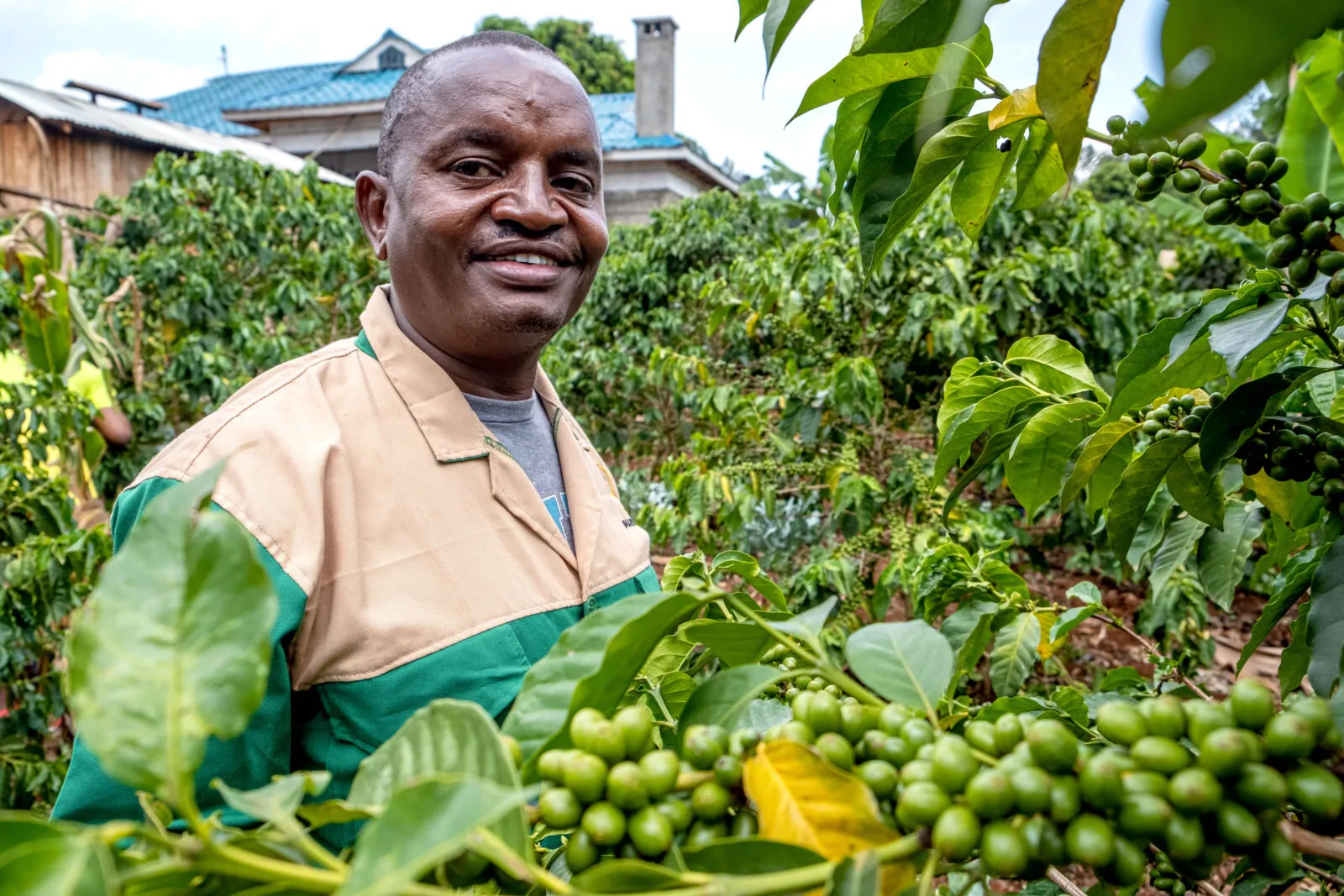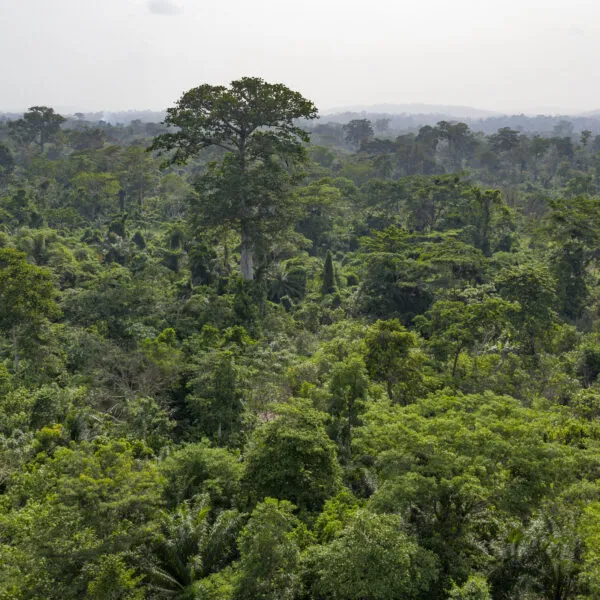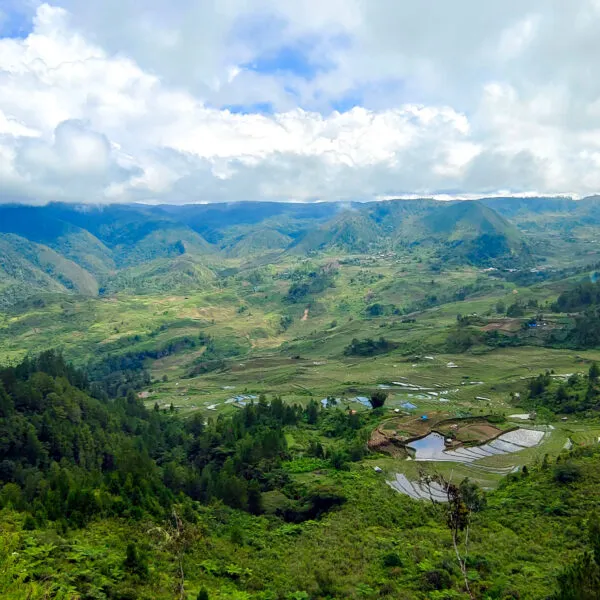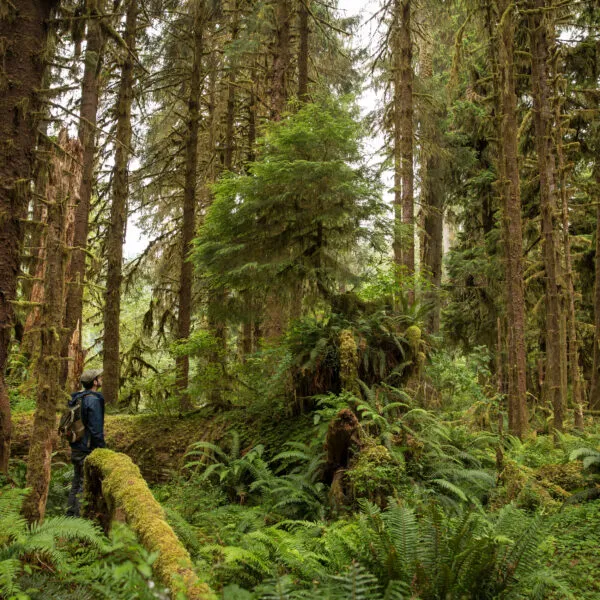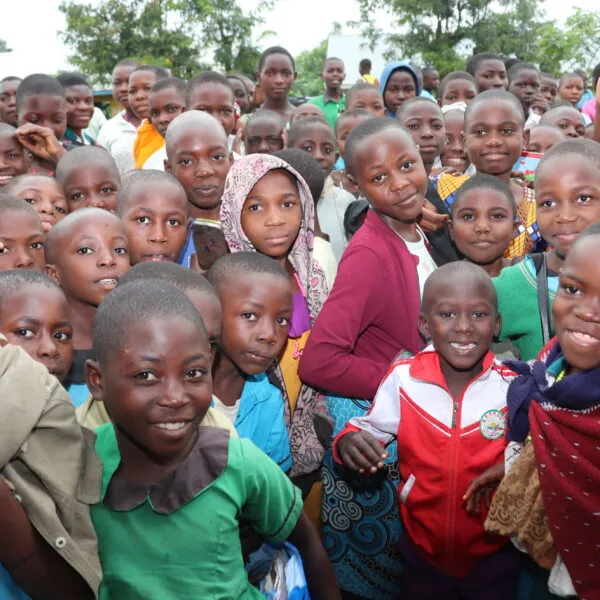The fertile northeastern slopes of Mount Kenya are home to thousands of smallholder coffee farmers. Day-to-day, the majority of these farming households rely on firewood and open indoor fires to heat their homes and power their stoves, typically using biomass fuels like firewood and charcoal. This is driving deforestation and pollution throughout the region and is also a serious public health hazard. Cooking smoke from these traditional fuels contributes to 21,500 deaths in Kenya every year according to government data, as well as to a range of chronic and acute illnesses that disproportionately affect women and children.
To address the root causes of these issues across Mount Kenya, the Rainforest Alliance is partnering with local organizations and coffee farmers to set up Household Energy Centers (HECs)—community-based enterprises that will increase access to clean and affordable energy technologies, such as clean fuels and efficient cookstoves. The project will employ an innovative business model, which has already been piloted by the Rainforest Alliance in Kenya, to make energy products affordable and raise public awareness to the importance of clean energy.
Location
Kenya
- Mount Kenya
Period
September 2021 – August 2022
Partner communities
The project is expected to serve 1,500 members of the Kibugu Farmers’ Cooperative Society in Embu County, Mount Kenya. 13 individuals will also be employed through the HECs and the recruitment drive will prioritize women and youth from the local community.
Project objectives: creating energy from coffee waste
The overarching objective of the project is to improve human and environmental health in the Mount Kenya region by providing farmers with clean energy solutions that reduce hazardous air pollutants (HAP) and increase both disposable income (due to lower energy costs) and environmental health (by reducing deforestation).
To that end, the project will implement two main activities:
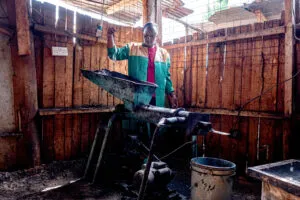
- Transforming coffee husks into clean energy briquettes and setting up HECs
This project will support the establishment of one HEC that will use coffee husks from local coffee mills to make smokeless carbonized household cooking briquettes. These briquettes will be distributed through two satellite HECs and six Last Mile Entrepreneurs (LME) who will serve as retailers of these products and target remote, rural areas within the coffee landscape. The HECs will act as strategically located hubs that will not only provide Mount Kenya’s coffee producing communities with the briquettes, but also raise awareness of the importance of clean energy solutions. The HECs will also test a financing model designed to ensure that clean energy technologies are affordable to coffee farmers. - Supplying communities with more efficient cookstoves
In addition to the cooking briquettes, the HECs will provide Mount Kenya’s coffee farmers with access to clean energy technologies such as more efficient cookstoves which can be purchased through credit and payment installments made possible through a revolving fund. The project will also connect energy suppliers to energy entrepreneurs.
Desired impacts: less deforestation and better livelihoods
The project will work to achieve three main outcomes:
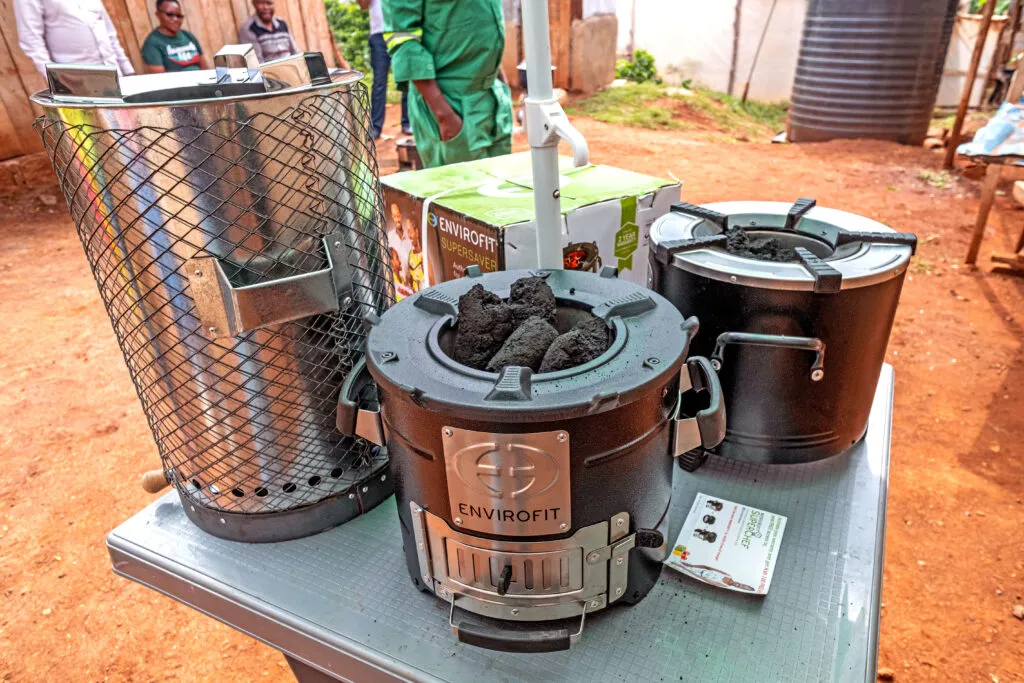
- Improved human and environmental health
The project will result in a 40 percent reduction of firewood use in households using cleaner biomass fuels and energy efficient stoves. This will reduce both household air pollution and deforestation. - Job creation in local communities
The project will directly employ 13 people, including women and youth from the farming communities. - Higher incomes for coffee farmers
With the introduction of these new clean energy sources, households will reduce their energy costs by 40 percent. As a result, they will increase their disposable incomes and have more money to put towards other needs.
Funders
- The Mitsubishi Corporation Fund for Europe and Africa
Implementing partners
- Coffee Management Services
- Kibugu Farmers’ Cooperative Society
Rainforest Alliance contact
Michael Orang’i, Kenya and Tanzania director
morangi@ra.org
